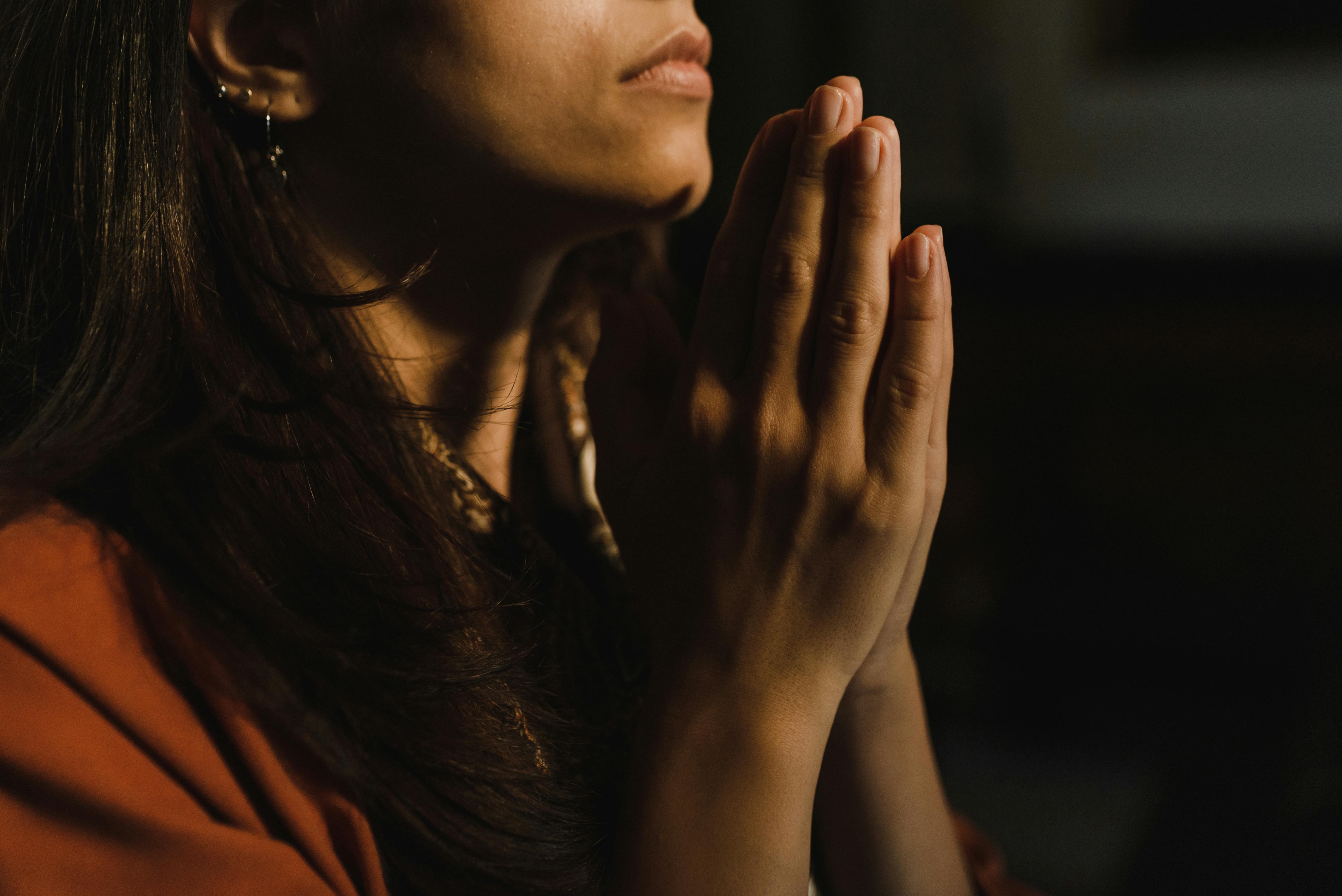Beyond Slogans: A Christian Perspective On Gaza

My first adult journey into the Palestinian territories was in the early 2000s. Seeing the suffering of the Palestinians—particularly Palestinian Christians, whose stories rarely make international headlines—moved my heart deeply. During that visit, a dear man explained to me that Palestinian Christians are often trapped in a triangle of suffering.
Today, as I watch the news and wonder what to believe about who needs food and who’s blocking it, I keep thinking about those Christians.
Because conflict in the Middle East invariably leads to a rise in Christian persecution.
Triangle of Suffering
At one corner of Palestinian suffering stands the corrupt Fatah leadership, which controls the West Bank and many of the Palestinian refugee camps. Fatah is formally known as the Palestinian National Liberation Movement, and its leadership has often prioritized personal gain over the welfare of its people.
Conflict in the Middle East invariably leads to a rise in Christian persecution.
At another corner looms Israeli control, with its checkpoints and restrictions. Attacks by extremist Israeli settlers on Palestinian communities recently included a village with many Palestinian Christians. U.S. ambassador Mike Huckabee called it “an act of terror” and “a crime.”
The third corner presents perhaps the gravest threat: the rising influence of Hamas and other religious extremist groups that are openly hostile to Christians. The hostility of these groups is anything but theoretical. In 2007, Hamas militants murdered Rami Ayyad, a Palestinian Bible Society worker in Gaza, simply because of his Christian witness. Such acts of persecution have created a climate of fear that drives many Palestinian Christians to flee their ancestral homeland, contributing to the steady exodus of Christianity from the region where our faith was born.
Compounding this tragedy is the fact that even neighboring Arab states often view Palestinians with disdain. Palestinians have become a people without a home, and for our Christian brothers and sisters, this exiled existence carries particular pain as they watch their communities dwindle and their ancient churches empty or come under direct attack.
No Tidy Narratives
As followers of Christ, we must resist the temptation to reduce complex human suffering to simple narratives that fit our political preferences.
What happened on October 7, 2023, was a wicked act of hatred from Islamist extremists. The attacks on Israeli civilians were horrific acts of terrorism that justified retaliation. Fair-minded observers cannot conclude that Israel’s military and political response was unwarranted. Some, however, will question whether that response was proportionate and strategic, with a viable plan for long-term governance and stability.
We must resist the temptation to reduce complex human suffering to simple narratives that fit our political preferences.
The mainstream news narrative, and recent recognition of Palestinian statehood, seems predetermined: Israel is the aggressor and Palestinians are the victims. Western journalists have extensively covered attempted food airdrops to starving Gazans. Articles abound criticizing the Gaza Humanitarian Foundation and its evangelical leadership, questioning their capacity for “impartiality.” Yet these same publications remain conspicuously silent about the UN’s hiring practices and documented bias against Christian converts from Islam—something my organization witnesses regularly.
Call for Christian Consistency
The Middle East’s problems will not be solved by reducing them to hashtags or campus chants. They require patient engagement, nuanced understanding, and the kind of costly love that characterizes authentic Christian witness.
This means speaking truthfully about Hamas’s terrorism while also acknowledging Palestinian suffering. It means supporting Israel’s right to defend itself while questioning whether all tactics serve the cause of justice. It means caring about Gaza while not forgetting those suffering in many other situations in the Middle East. It means advocating for Palestinian Christians while also defending Jewish families.
The image of God is reflected in both Israeli and Palestinian faces, in both Jewish and Arab children who deserve safety and dignity. Our calling is to advocate for justice, peace, and the protection of the vulnerable—especially our persecuted brothers and sisters in Christ. Our ultimate hope lies not in political solutions but in the Prince of Peace who will one day make all things right.
Popular Products
-
 Orthopedic Shock Pads For Arch Support
Orthopedic Shock Pads For Arch Support$71.56$35.78 -
 Remote Control Fart Machine
Remote Control Fart Machine$80.80$40.78 -
 Adjustable Pet Safety Car Seat Belt
Adjustable Pet Safety Car Seat Belt$57.56$28.78 -
 Adjustable Dog Nail File Board
Adjustable Dog Nail File Board$179.56$89.78 -
 Bloody Zombie Latex Mask For Halloween
Bloody Zombie Latex Mask For Halloween$123.56$61.78